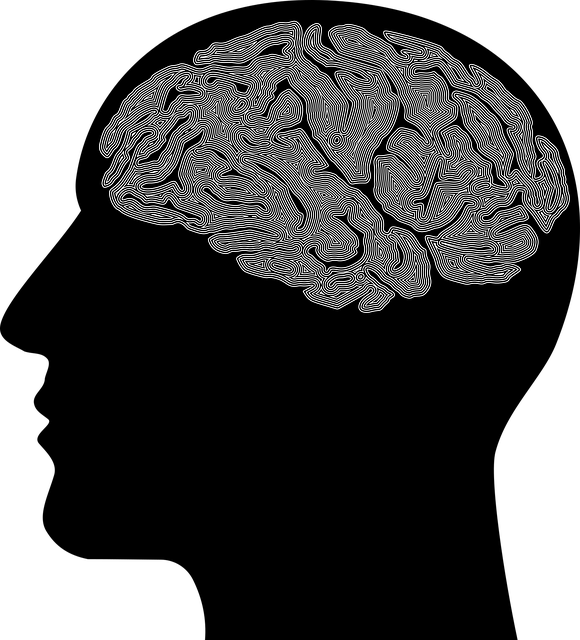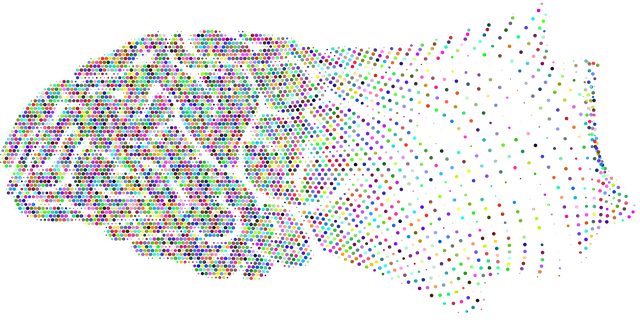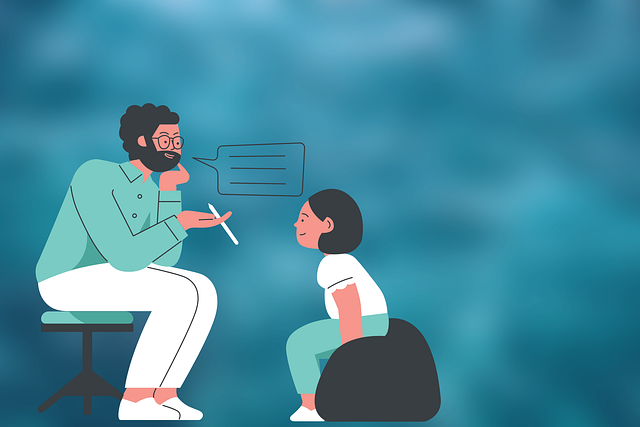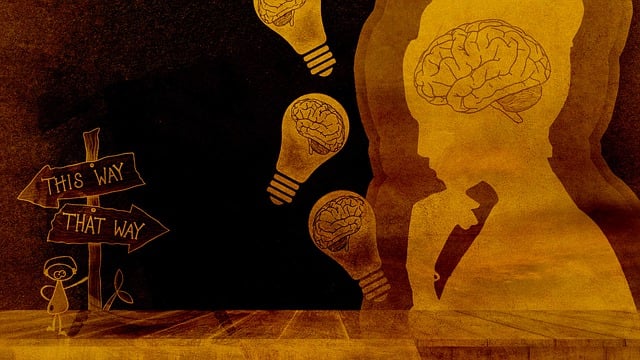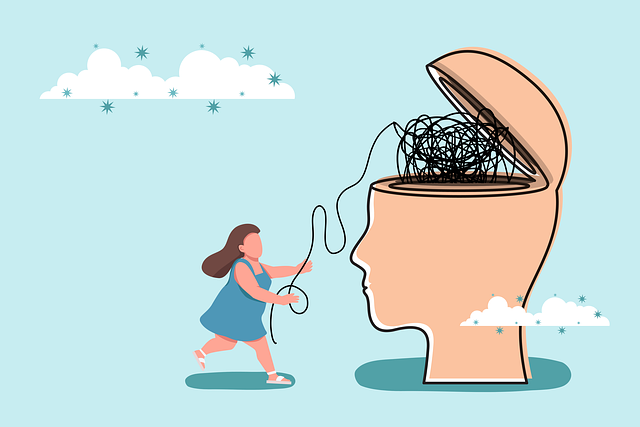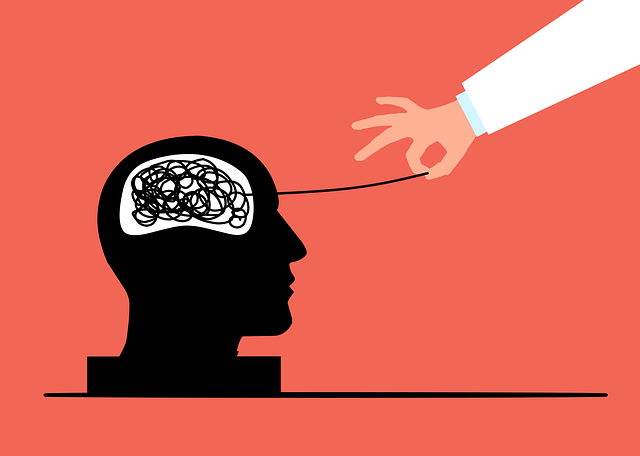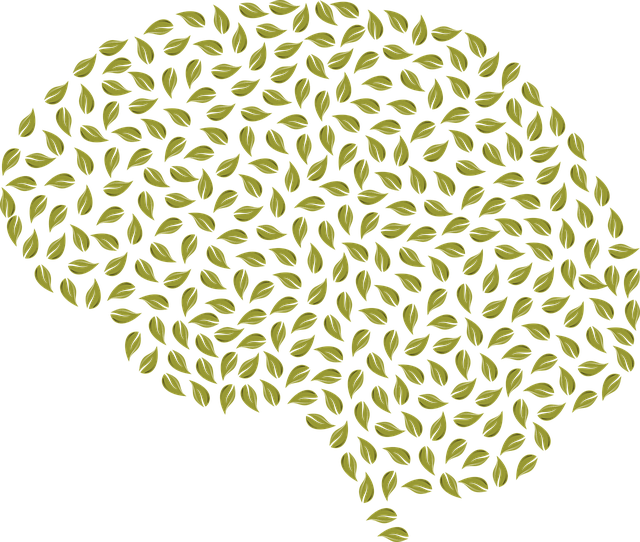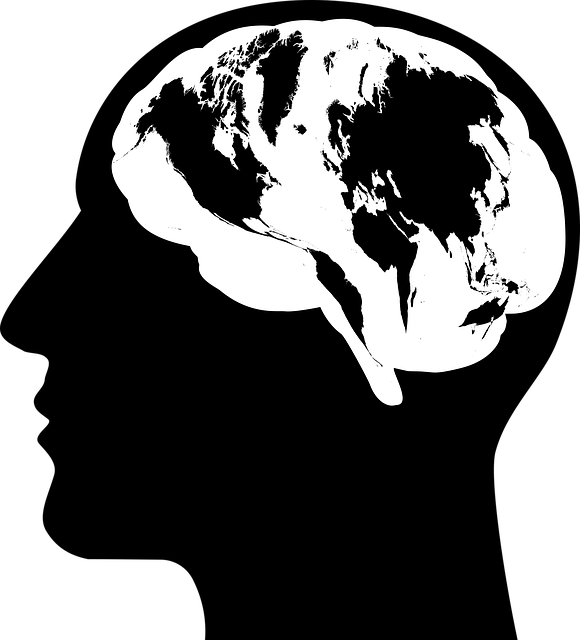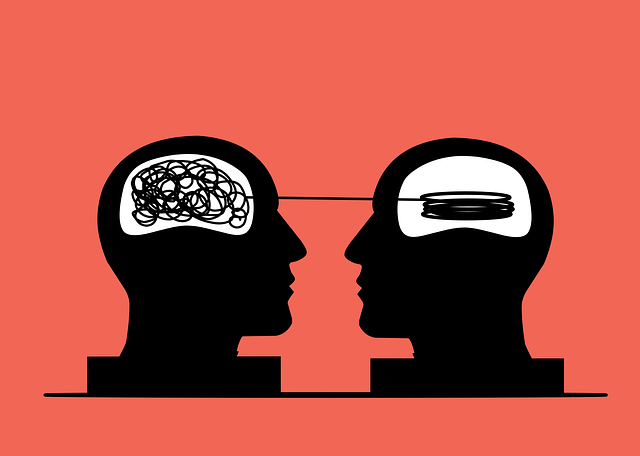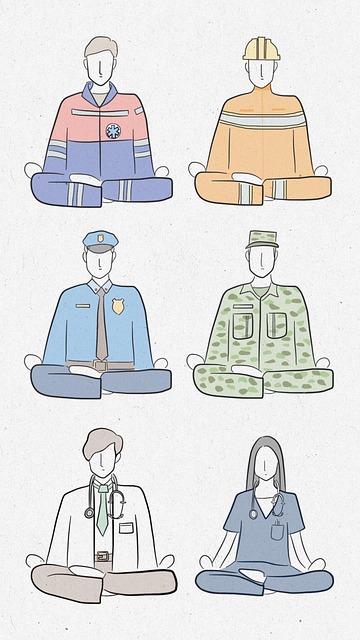Aurora Children Therapy advocates for culturally sensitive mental healthcare by addressing systemic barriers like discrimination and language issues through education programs, podcasts, and workshops. They prioritize training therapists on cultural competence and encouraging client involvement in treatment planning to create inclusive environments that respect diverse backgrounds and beliefs. This approach enhances therapeutic outcomes, access to care, and patient satisfaction, particularly for minority communities, ensuring personalized self-care tailored to unique cultural needs.
In today’s diverse society, cultural sensitivity in mental healthcare is paramount. The article explores the nuances of providing culturally competent services, focusing on strategies employed by Aurora Children Therapy. We delve into understanding cultural diversity within mental health care and highlight challenges faced, such as unconscious biases and language barriers. Additionally, we examine benefits like improved patient outcomes and enhanced therapeutic alliances. By adopting inclusive practices, professionals can foster trust and offer tailored support to diverse communities, ensuring everyone receives the compassionate care they deserve.
- Understanding Cultural Diversity in Mental Health Care
- Challenges and Barriers to Culturally Sensitive Practice
- Strategies for Incorporating Cultural Sensitivity at Aurora Children Therapy
- Benefits of Culturally Competent Mental Healthcare Services
Understanding Cultural Diversity in Mental Health Care

In the realm of mental healthcare, recognizing and embracing cultural diversity is paramount. At Aurora Children Therapy, we understand that every individual enters therapy with a unique background, shaped by their culture, traditions, and experiences. This cultural lens significantly influences how people perceive and express their emotions, as well as their understanding of mental health issues and healing processes. By incorporating self-care practices tailored to diverse needs, therapists can create a safe and inclusive environment that encourages open communication.
Cultural sensitivity involves going beyond basic awareness to actively integrate knowledge about different cultural contexts into therapy sessions. This includes being informed about the impact of systemic barriers, such as discrimination and socio-economic factors, on mental well-being. Designing mental health education programs that are culturally responsive is crucial for promoting emotional intelligence among both therapists and clients. Such programs ensure that everyone involved can navigate the complexities of their identities and experiences in a supportive and respectful setting.
Challenges and Barriers to Culturally Sensitive Practice

In the pursuit of providing culturally sensitive mental healthcare, Aurora Children Therapy identifies several challenges and barriers that healthcare providers often face. One significant obstacle is the lack of cultural competence training in academic curricula. This results in professionals entering the field with limited understanding of diverse cultural beliefs, practices, and communication styles, hindering effective treatment. Additionally, language barriers create a further layer of complexity, making it difficult to establish rapport and trust, especially when professional interpreters are not readily available.
Another challenge lies in the potential for unconscious biases to influence practice. Healthcare providers may inadvertently perpetuate stereotypes or make assumptions based on cultural backgrounds, leading to misdiagnoses or inappropriate treatment plans. Moreover, cultural taboos surrounding mental health can deter individuals from seeking help, adding another layer of complexity for providers aiming to create inclusive environments. These barriers underscore the need for continuous education, such as those offered through the Mental Wellness Podcast Series Production and Stress Management Workshops Organization, to foster culturally sensitive practices in healthcare.
Strategies for Incorporating Cultural Sensitivity at Aurora Children Therapy

At Aurora Children Therapy, we recognize that cultural sensitivity is paramount to delivering effective mental healthcare. To incorporate this approach, our practice leverages several strategies. First, we ensure all therapists undergo comprehensive training in cultural competence, equipping them with the knowledge and skills to understand and respect diverse backgrounds. This includes learning about different cultural practices, beliefs, and communication styles to avoid stereotypes and biases.
Additionally, Aurora Children Therapy fosters a collaborative environment where clients and their families actively participate in treatment planning. We encourage open dialogue to explore cultural contexts, incorporating these perspectives into therapeutic interventions. By integrating the client’s cultural framework, we tailor our services to address unique needs, enhancing the overall effectiveness of mental wellness support, particularly for anxiety relief. Our commitment to this approach extends beyond individual therapy sessions, influencing the broader Mental Health Policy Analysis and Advocacy efforts to ensure equitable access to care for all children.
Benefits of Culturally Competent Mental Healthcare Services

In today’s diverse society, providing culturally competent mental healthcare services is more crucial than ever. This approach recognizes and values the unique cultural backgrounds, beliefs, and practices of individuals seeking support. At Aurora Children Therapy, we understand that mental health issues do not exist in a vacuum; they are deeply intertwined with one’s culture and identity. By incorporating cultural sensitivity, we create a safe and inclusive environment where clients feel understood and respected. This, in turn, enhances the therapeutic process, fostering better engagement and outcomes.
Culturally competent care offers numerous benefits, including improved access to services for minority communities, increased satisfaction among patients, and enhanced clinical effectiveness. It enables therapists to adapt their practices to meet the specific needs of different cultures, ensuring that self-care routine development for better mental health, stress management, and burnout prevention strategies are tailored to individual circumstances. This personalized approach not only promotes successful treatment but also strengthens the therapeutic alliance between client and caregiver.
Cultural sensitivity in mental healthcare is no longer a consideration, but an essential practice. As diverse communities continue to shape our society, ensuring culturally competent services becomes crucial for effective treatment and improved patient outcomes. At Aurora Children Therapy, we’ve recognized the importance of embracing cultural diversity, as seen through our implemented strategies. These efforts not only benefit our clients but also enrich our therapeutic environment. By addressing challenges and barriers, mental healthcare professionals can deliver compassionate care tailored to each individual’s unique cultural background, fostering a more inclusive and accessible system for all.
